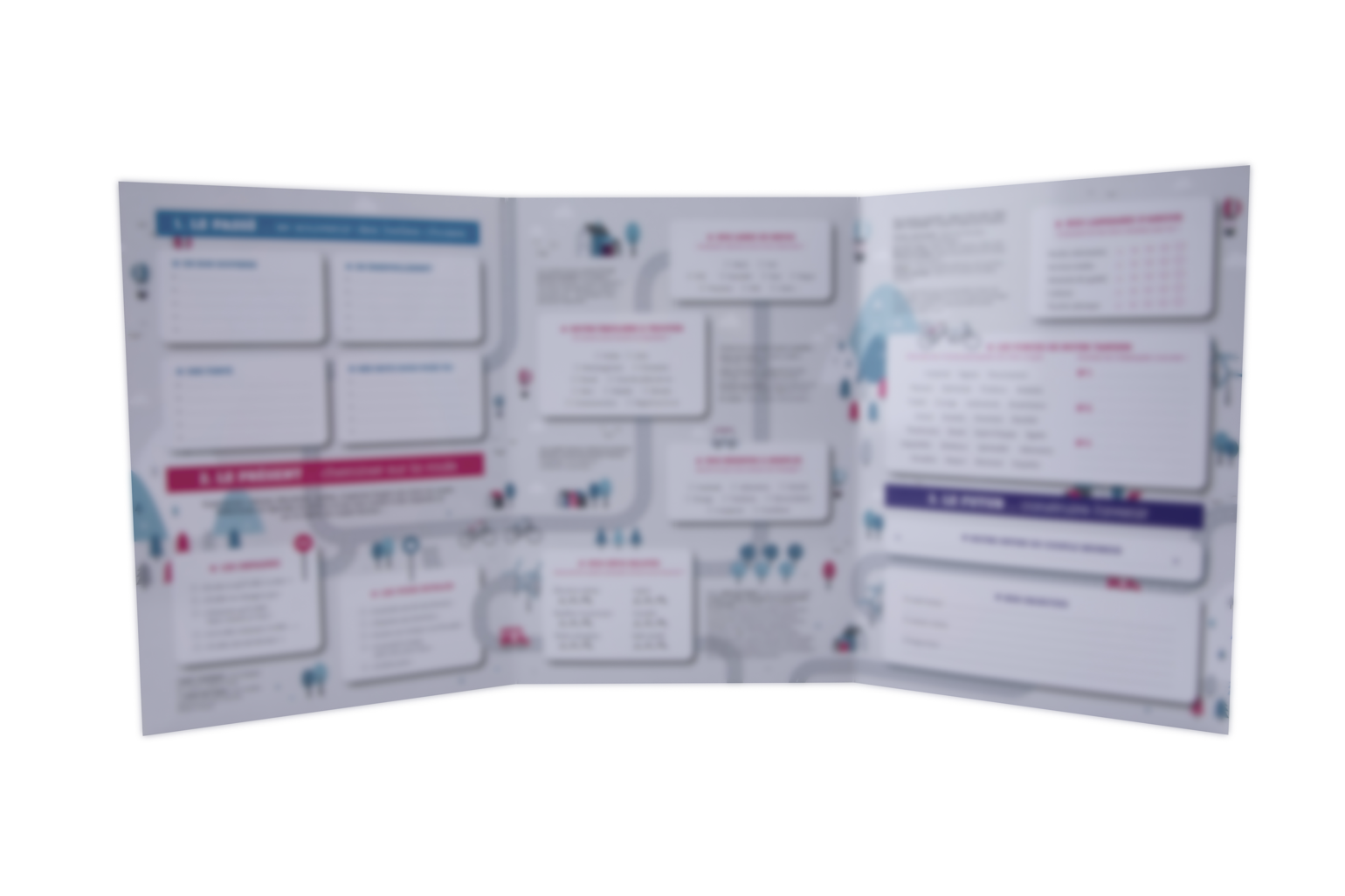
Change Training - Openness to Change
Leading Human Change: From Resistance to Sustainable Engagement.
Transform resistance to change into a lever for performance by mastering the psychological drivers of adherence and creating the conditions for a successful and lasting transformation.

Issues addressed
Individual or collective resistance to change.
Loss of meaning and motivation during transformations.
Difficulties in getting people on board and rallying support for new projects or innovations.
Target audience
Managers, HR managers, executives, project managers, trainers, managers of managers, support and operational functions, all sectors
Goals
Diagnose psychological brakes and drivers in the face of change using proven analysis grids (circumplex model, change curve).
Apply influence communication and coaching techniques to present a vision, manage emotions and transform objections into constructive dialogue.
Lead a change process by creating a climate of psychological safety to encourage experimentation, appropriation and anchoring of new practices.
Added values
For the company:
Drastically reduces costs associated with failed transformations (turnover, loss of productivity, project delays) and increases organizational agility.
For the participant:
Develop a distinctive and highly sought-after leadership skill, enabling you to manage complex projects with serenity, build team confidence, and become a true architect of change. This approach, based on neuroscience and positive and organizational psychology, offers immediately applicable tools to decode and positively influence human dynamics.
Access conditions
Integrated training approach:
The training is based on an interactive and engaging teaching method, alternating theoretical contributions, individual and group exercises, simulations, role plays, and facilitated discussions centered on experience and sharing.
Experiential Methodology:
- Self-diagnosis for personal awareness.
- Workshops in subgroups promoting the exchange of ideas.
- Concrete case studies to link theory to practice.
- Role-playing games to simulate real-life situations.
- Scientifically validated tools.
Optional (extra charge):
Possibility of follow-up modules or post-training coaching for individualized support.
Our training courses are accessible to people with disabilities.
A disability advisor is available to help you study the specific adjustments required.
Registration via a quote request or by email.
Access time according to the training programming schedule, subject to availability.
Registration is validated upon receipt of the signed agreement.
Contact: formations@positran.fr
Assessment methods
Assessment of acquired skills:
- Each activity aims to apply the concepts covered during the training.
- Questions/answers at the end of each teaching sequence
- Formative assessment through observation and feedback from the trainer and peers during workshops.
- Summative assessment through a concrete case study.
Satisfaction Questionnaire:
Hot off the press, to gather participants' immediate impressions.
Training Certificate:
- Certificate of completion of training mentioning the skills targeted.
- Certificate of completion.
3-month survey:
Measure impact with the percentage of participants who implemented key concepts.
Individual or collective resistance to change.
Loss of meaning and motivation during transformations.
Difficulties in getting people on board and rallying support for new projects or innovations.
Managers, HR managers, executives, project managers, trainers, managers of managers, support and operational functions, all sectors
Diagnose psychological brakes and drivers in the face of change using proven analysis grids (circumplex model, change curve).
Apply influence communication and coaching techniques to present a vision, manage emotions and transform objections into constructive dialogue.
Lead a change process by creating a climate of psychological safety to encourage experimentation, appropriation and anchoring of new practices.
For the company:
Drastically reduces costs associated with failed transformations (turnover, loss of productivity, project delays) and increases organizational agility.
For the participant:
Develop a distinctive and highly sought-after leadership skill, enabling you to manage complex projects with serenity, build team confidence, and become a true architect of change. This approach, based on neuroscience and positive and organizational psychology, offers immediately applicable tools to decode and positively influence human dynamics.
Integrated training approach:
The training is based on an interactive and engaging teaching method, alternating theoretical contributions, individual and group exercises, simulations, role plays, and facilitated discussions centered on experience and sharing.
Experiential Methodology:
- Self-diagnosis for personal awareness.
- Workshops in subgroups promoting the exchange of ideas.
- Concrete case studies to link theory to practice.
- Role-playing games to simulate real-life situations.
- Scientifically validated tools.
Optional (extra charge):
Possibility of follow-up modules or post-training coaching for individualized support.
Our training courses are accessible to people with disabilities.
A disability advisor is available to help you study the specific adjustments required.
Registration via a quote request or by email.
Access time according to the training programming schedule, subject to availability.
Registration is validated upon receipt of the signed agreement.
Contact: formations@positran.fr
Assessment of acquired skills:
- Each activity aims to apply the concepts covered during the training.
- Questions/answers at the end of each teaching sequence
- Formative assessment through observation and feedback from the trainer and peers during workshops.
- Summative assessment through a concrete case study.
Satisfaction Questionnaire:
Hot off the press, to gather participants' immediate impressions.
Training Certificate:
- Certificate of completion of training mentioning the skills targeted.
- Certificate of completion.
3-month survey:
Measure impact with the percentage of participants who implemented key concepts.












